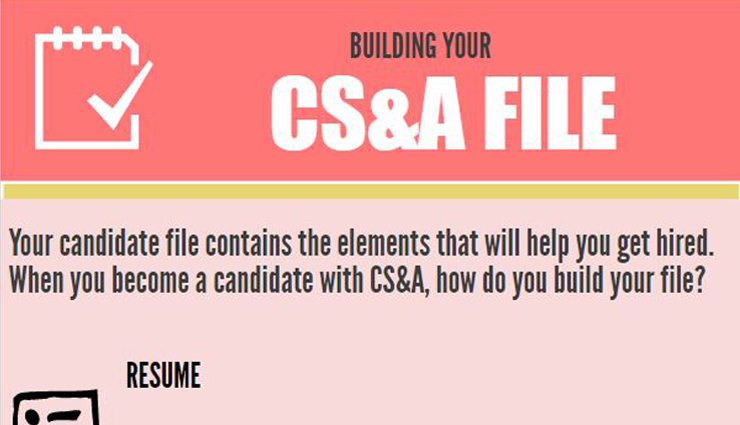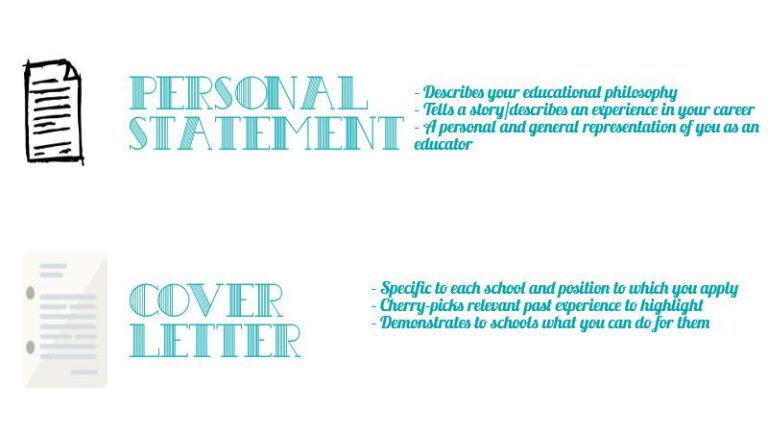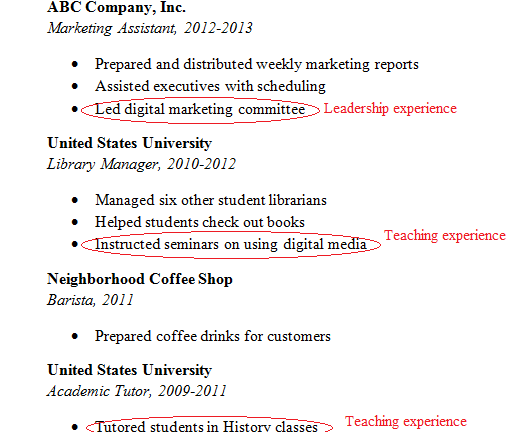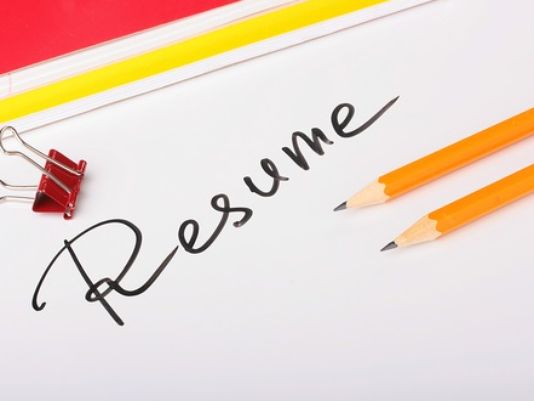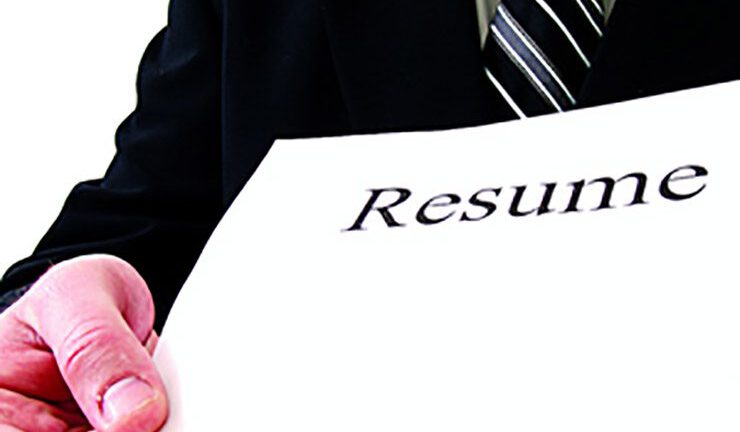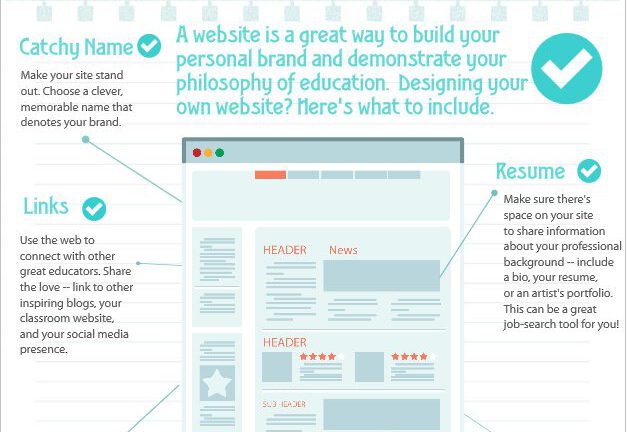Your 5 Trickiest Resume Questions Answered!

Your resume is probably the most important document you have in any job search. It’s the first thing prospective employers look at when examining your file and your first opportunity to convey who you are, what you’ve done, and where you want to go in your career.
Though it seems easy to create (what’s so hard about a list of your professional, educational, and personal experiences?), resumes are often deceptively tricky. Here are your five common resume questions answered.
1. How long should it be?
Though exact length can vary, it’s important to stick to a rule of thumb for resumes: brevity is key. Ideally, a resume should be one page, and it should not exceed two. How do you choose which experiences to include, and which to cut? Take a critical eye to your resume periodically, replacing older key experiences with newer ones. It’s okay to eliminate your list of college activities, for example, if you’ve been working for five years, and it’s equally okay to remove the bullets that explain your student teaching experience if you’ve been working for a while. The resume is a place to show your career trajectory and to highlight the coolest, most relevant, meatiest experiences you’ve had.
2. What if I have extra stuff to share?
If you have important lists of accomplishments—artist’s exhibitions, for example, or speaking engagements—to share, consider adding an addendum to your one-to-two-page resume to include them. That way, you won’t take up valuable real estate in your document.
3. Should I add an “objective” or “summary” statement?
In most cases, probably not. Much of the information you would share in an “objective” at the top of your resume may be better said in a personal statement or cover letter. What’s more, you could inadvertently limit your prospects if you say something too constricting. Save that space.
4. Do I need to organize it chronologically?
No, you don’t—though your resume shouldn’t jump around too much and should follow a logical pattern. You can, however, use categories to your advantage to highlight different parts of your employment history, which may get buried if you put them in chronological order. For example, add a category solely devoted to “Teaching Experience,” which underscores the information most relevant to schools.
5. Does format really matter?
Absolutely. Your resume should be clean, organized, easy-to-read, and, most of all, typo-free. It’s your first step toward a new job—make sure it conveys a thoughtful, organized, and logical mind.
